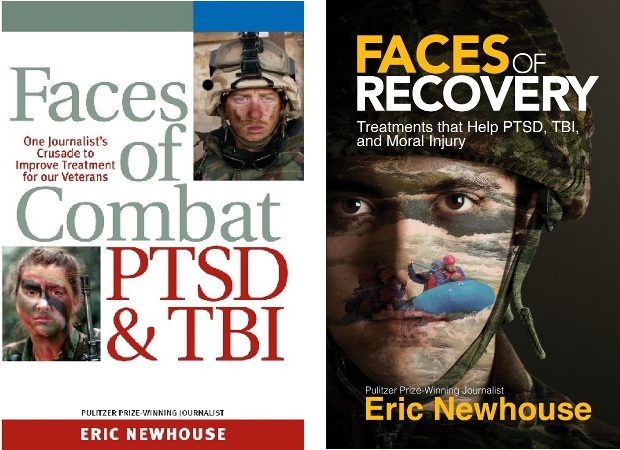On July 2nd, 2011 Marine Corps Times published an article about a new advanced high-tech scanner which would provide medical professionals with detailed pictures of brain activity which could aid in the diagnosis of Traumatic Brain Injuries (TBI), which until now have been an often-invisible war wound.
The magnetoencephalography (MEG) scanner works by recording the electrical activity in the brain tissue. Areas of abnormal low-frequency waves are a telltale sign of injured brain tissue and can be detected by the MEG scanner. Many of these areas go unobserved by more conventional scanning machines such as MRIs and CT scanners.
The original study included 55 patients, both civilian and military with mild to moderate TBIs which were a result of either concussions or due to the explosion of an Improvised Exploding Device (IED). Some of these patients had sought medical help before but no injury was found using MRIs and CTs.
ingxiong Huang, a professor and associate director of the University of California, San Diego’s MEG Radiology Imaging Laboratory posed a question that could forever change the way we look at TBIs. He asked “Can we make the ‘invisible’ injury visible? … Being able to see the injury is really a key start to help understand how the brain recovers from TBI. The treatment and diagnosis of TBI and PTSD may be very different.”
For more information see:
http://www.marinecorpstimes.com/news/2011/07/marine-scanner-traumatic-brain-injury-070211/
